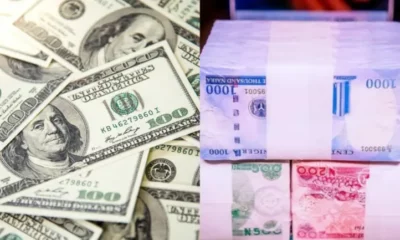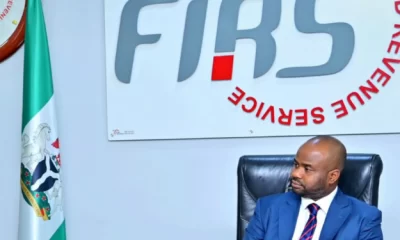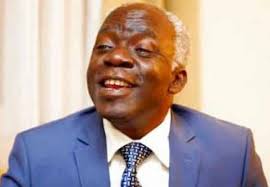Business and Brands
Heavy fall as Airtel loses N1.8 trillion in three days
Investors of Airtel Africa Plc have continued to count their losses as the telecom giant’s share price fell for the third consecutive day on Wednesday. The stock has now recorded a cumulative loss of N1.833 trillion.
Since the Nigerian bourse opened for weekly trading on Monday, the telecom stock has continued to slide in what market operators have described as an adjustment to the current bearish market sentiment.
Checks by Nairmetrics showed that Airtel led the losers’ chart with a maximum 10% loss over the past three days, resulting in a loss of about N676 billion on Monday, N609 billion on Tuesday, and N548 billion on Wednesday; representing a cumulative loss of N1.833 trillion.
A further look at the share movement revealed that Airtel Africa closed its last trading day (Wednesday, October 19, 2022) at a share price of N1,312.20 per share and N4.931 trillion worth of market capitalization.
On Monday, the company began the weekly trading session with a share price of N1,800 per share and a market capitalisation of N6.764 trillion.

The market sentiment for the telecoms firm has remained very low amidst buy-interests and sell-offs as bears dominated proceedings during the period under review following the build-up to 2023 the general elections, interest rate hike, and rising inflation.
What analysts are saying
- Mr David Adonri, the executive vice chairman of Hicap Securities Limited told Nairmetrics that the Airtel stock price is very high and is currently adjusting to the bearish reality of the market.
- However, Adonri also noted that “right from the penultimate year to the election, the socio-political atmosphere becomes charged. Politicians resort to violent rhetoric and divisive tactics, which deepens the country’s socio-political fault lines, to establish a competitive edge. During this period, the economy becomes overloaded with money arising from excessive election spending, which spikes inflation.
- “Historical antecedents indicate that on average, both equities and bonds show positive or negative performance in the penultimate year and immediately after the election. While the drama of general elections can make your imagination run wild, what you need to watch out for is how the unfolding scenario will affect the economy, the capital market, and your portfolio.”
- Analysts at CardinalStone Partners Limited also that the build-up to the 2023 election will keep foreign investors at bay and throw up more financial account-related concerns.
- The analysts, while commenting on the state of the nation in their 2022 mid-year outlook themed: ‘Same Challenges, New Shocks’ argued that pre-election year concerns and fears of negative pass-through to inflation will likely limit the magnitude of currency adjustment made at the official market in the current year.
- According to them, akin to the trend witnessed in emerging and frontier markets, Nigeria was also mostly unappealing to foreign capital providers in H1’22.
- They attributed the sentiment to geopolitical uncertainties and hawkish rendition from global central banks.
- In addition to these global factors, they pointed out that the lack of market-reflective FX rates, illiquidity, and a backlog of uncleared foreign exchange demand dampened investors’ sentiments.


 News7 hours ago
News7 hours agoIyalode Line Visits Olubadan Designate

 Top Stories8 hours ago
Top Stories8 hours agoWe will no longer allow obstruction of our operations after Ododo interfered in Yahaya Bello’s attempted arrest – EFCC

 News6 hours ago
News6 hours agoBlack Market Dollar (USD) To Naira (NGN) Exchange Rate Today 18th April 2024
- News21 hours ago
Governor Ododo Helps Bello Out Of Abuja Residence Amid EFCC, DSS siege

 Politics8 hours ago
Politics8 hours agoFIRS Chairman Releases Statement As Tinubu Inaugurates National Single Window Committee

 Top Stories2 hours ago
Top Stories2 hours agoBreaking: Police Apologizes Over Reports Of DJ Switch’s Arrest

 Top Stories21 hours ago
Top Stories21 hours agoBreaking: Another Court grants EFCC’s Request To Arrest Ex-Kogi Governor, Yahaya Bello

 Top Stories8 hours ago
Top Stories8 hours agoEFCC: Why Yahaya Bello Can’t Evade Arrest, Prosecution — Falana







